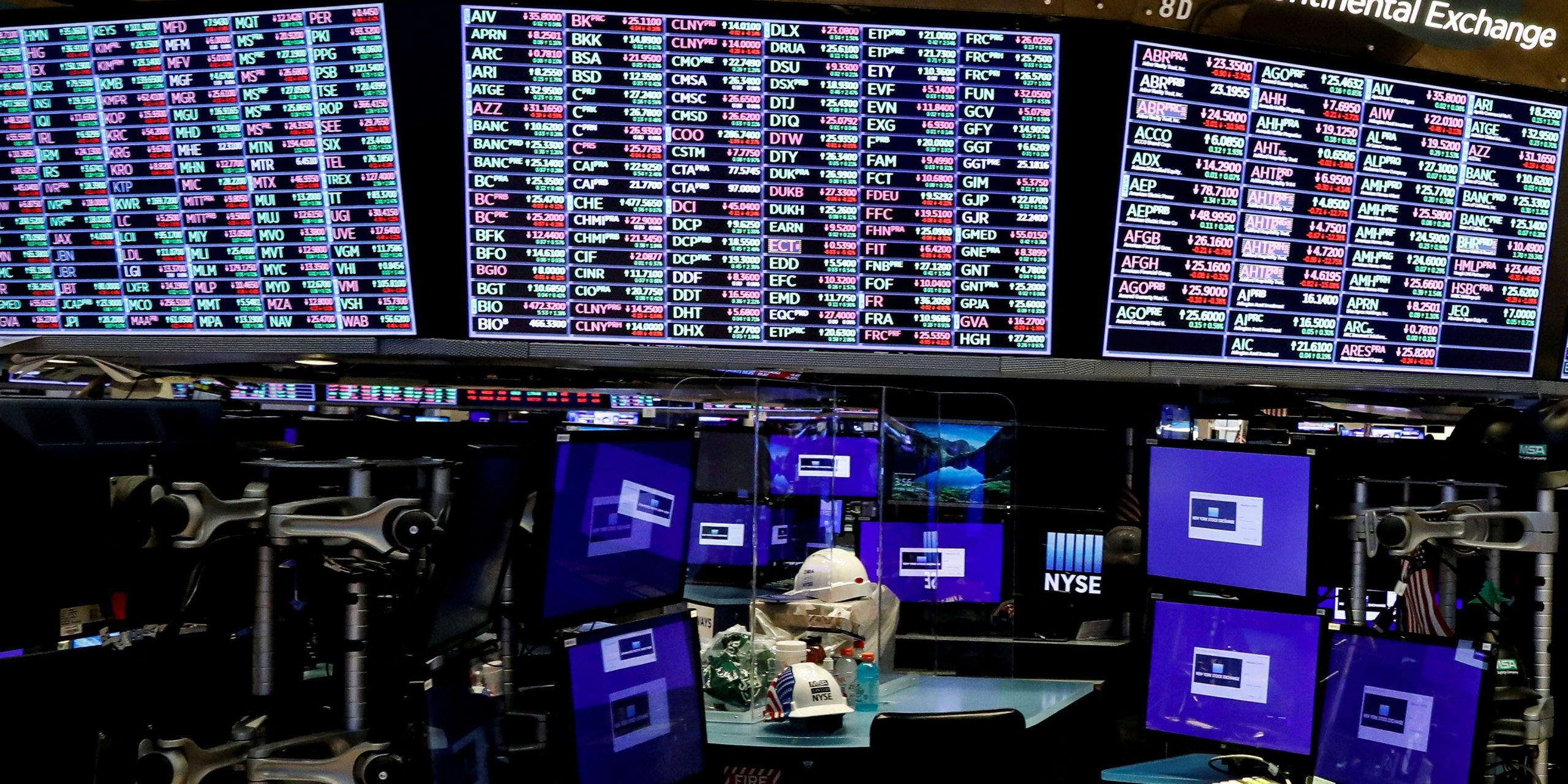
Brendan McDermid/Reuters
- "Epic greed and euphoria" have led people to make mistakes and go "beyond irresponsible behaviour," Paul Schatz said in an interview.
- The swaps market needs to be regulated and funds must disclose more, the head of Heritage Capital said.
- Cases like this and January's GameStop saga paint a negative picture of money managers, he continued.
- Sign up here for our daily newsletter, 10 Things Before the Opening Bell.
The implosion of Archegos Capital over its derivative holdings that went sour should not come as a surprise to anyone, given the opaque and volatile nature of the swaps market in which the US hedge fund invested, Paul Schatz, president and founder of Heritage Capital, said on Monday.
Archegos Capital was forced to dissolve its holdings at the end of last week as it had become unable to meet margin calls from its lenders, sending major entertainment and tech stocks tumbling. The family office was facing financial difficulties even before then and various big banks had to tried to prevent a crisis by entering into swaps contracts with Archegos last week. This exposed its funds to volatile equities worth billions of dollars.
On Monday, Credit Suisse and Nomura announced that they would suffer significant losses after a US hedge fund was forced to liquidate its stock holdings when it could not meet margin calls from its lenders. Their share prices dropped significantly on Monday along with those of other major banks and the companies Archegos – which a number of media outlets confirmed was the fund in question – had previously held.
"The swaps market is, frankly, like the wild west," Schatz told Yahoo Finance in an interview.
Years of super-cheap financing thanks to low interest rates set by central banks has fueled a record boom in investment, sending stocks to record highs and inflating the value of everything from cryptocurrencies, to junk bonds.
Schatz said this had led to "epic greed and euphoria" in the sector over the last six months. Paired with high levels of confidence and the hubris of investors, this inevitably leads to people making "egregious mistakes" and engaging in "beyond irresponsible behaviour" he continued, drawing lines between the current situation and cases like the 1998 Long Term Capital Management crisis, in which one of the world's biggest hedge funds blew up, roiling markets and requiring government intervention.
Fund managers that own assets beyond a certain size must report their positions regularly to the US regulator. However, this does not apply to the type of swaps that Bill Hwang's Archegos Capital used. Schatz said these were "essentially non-disclosed, undisclosed, secret derivatives".
Schatz pointed out markets were already jolted once this year in January, when retail traders organized themselves through Reddit and bought up shares in GameStop, which resulted in skyrocketing prices and forced some institutional investors who had bet against the video retailer to close those positions, even at a loss.
Schatz predicts the public will continue to lose confidence in the stability of financial markets and regulators and politicians will get involved. "These large funds that have very little disclosure requirements like this certainly need to have more disclosure in the swaps market," he said.
He said the problem with using swaps - a form of derivative - was positions being leveraged over and over again, without prime brokers being aware of what their competitors are doing - this "can become this ginormous pile of leverage that only takes the slightest little prick" to unravel.
"The swaps market should not exist the way it is. It fully should be brought on exchange, there should be better disclosure and there should be better protection for investors" Schatz said.